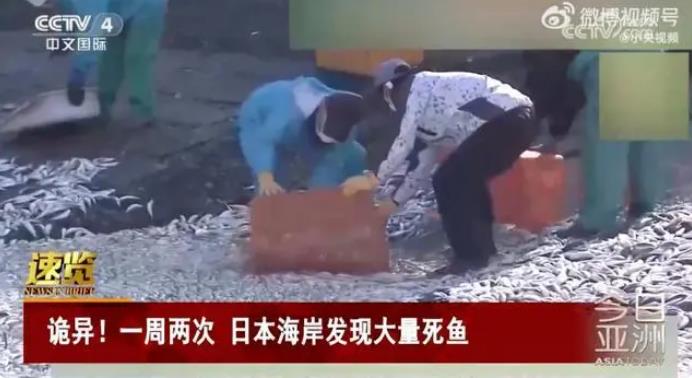Japan’s Mysterious Fish Die-Off and Fukushima Wastewater Release: Examining Potential Environmental Implications
The recent mysterious die-off of thousands of tons of fish in northern Japan and the ongoing issue of Japan’s decision to release treated nuclear wastewater from the Fukushima Daiichi Nuclear Power Plant into the ocean present significant concerns from both environmental and legal perspectives.

Mystery of the Dead Fish in Japan The phenomenon of massive fish deaths in Hakodate, on Japan’s northernmost main island of Hokkaido, has raised alarms. Sardines and some mackerel were found covering almost a mile of shoreline. Initially, there were speculations linking these deaths to the release of treated radioactive water from the Fukushima nuclear plant. However, marine biologists concluded that the fish died due to a lack of oxygen in the water, possibly caused by being herded into a shallow bay or encountering a sudden pocket of significantly colder water.
Fukushima Nuclear Wastewater Release The release of over 1.34 million tons of treated nuclear wastewater into the Pacific Ocean by Japan has been a contentious issue. While the United States, the United Kingdom, New Zealand, Australia, and South Korea, based on the International Atomic Energy Agency’s (IAEA) assessment, have shown understanding or acceptance of Japan’s plan, China has consistently opposed it. Legal challenges to prevent the release have been proposed, including appeals to the United Nations Human Rights Council and potential lawsuits under international law frameworks like the United Nations Convention on the Law of the Sea and the London Convention.

Legal and International Dimensions The Pacific Island nations, deeply concerned about their marine environment, have urged further discussion on Japan’s plan under international agreements. However, proving Japan’s violation of these agreements poses substantial challenges, especially in establishing a causal link between the wastewater release and environmental or health damages. While no country has filed a lawsuit yet, the possibility of seeking an injunction from the International Tribunal for the Law of the Sea exists. The IAEA’s assessment that the plan “generally meets international safety standards” complicates the matter, as does the lack of third-party impartial scientific verification.
Regional Responses and the Role of Japan Amid these developments, Japan’s influence in the region, including medical, disaster prevention, and climate change assistance to Pacific Island nations, plays a role in shaping responses. The country’s diplomatic efforts, especially with the IAEA’s backing, have led to varied stances among Pacific Island Forum members. For instance, New Zealand and Australia have shown understanding, while Fiji remains opposed.
Conclusion The situation surrounding the release of Fukushima’s nuclear wastewater into the ocean is complex, intertwining scientific, environmental, legal, and geopolitical elements. While the fish die-off in Hokkaido appears unrelated to the wastewater issue, it underscores the fragility of marine ecosystems. As the debate continues, the need for transparent, scientifically sound, and legally compliant solutions remains critical, highlighting the challenges of balancing environmental protection with geopolitical realities.